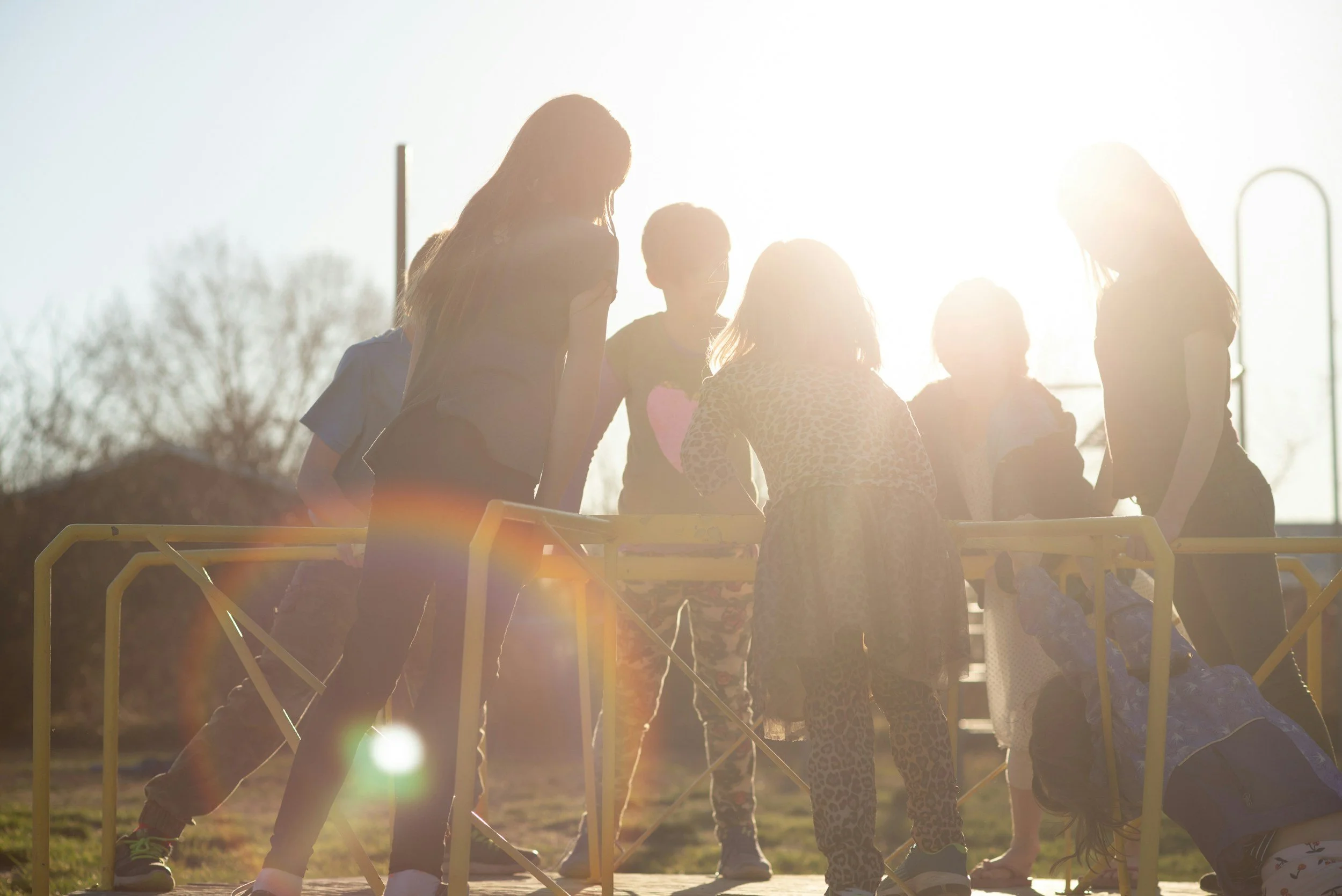The Benefits Of Primary School Mental Health Programs
Mental health awareness is considered an important element of the High School curriculum, but primary school children can sometimes be overlooked. There’s the assumption that they’re 'too young' for conversations about mental health, and that we’re protecting them by avoiding it until later in life.
But children experience complex emotions, just like we do. If we give them the foundations to identify and cope with feelings like anxiety and self-doubt early on, they can avoid carrying these struggles into adolescence and beyond.
Participating in mental health workshops is crucial for children’s development; here’s why.
Reducing Stigma Around Mental Health
Children who are exposed to mental health education from a young age are more likely to view conversations about mental health as a normal and important part of life. These programs teach students that it’s okay to talk about their feelings and seek help if they’re struggling. As a result, children may also be less likely to judge peers experiencing mental health difficulties. This creates a supportive school culture where students feel safe discussing their emotions with teachers and each other — while also encouraging this attitude at home, too.
Improved Social Skills
Primary School is a critical age for developing social skills and awareness. Through Social and Emotional Learning (SEL) programs, children have the opportunity to develop their empathy, teamwork, and conflict resolution skills. In The Complete Big Sister Experience, our second module focuses on exploring connections, encouraging inclusivity among peers. In the long run, this can lead to more meaningful personal relationships.
Reducing Bullying
Following on from this, SEL programs can reduce instances of bullying or social isolation. The Big Sister Experience celebrates diversity and individuality, especially when it comes to supporting the sisterhood. We’re big on the importance of kindness and understanding, on and off line. Through interactive modules, we encourage students to handle conflicts with empathy, be supportive friends, and safely use social media.
Encouraging Healthy Habits
You’re never too young to start forming healthy habits. From mindfulness exercises to self-love practices for positive body image, The Big Sister Experience encourages children to integrate empowered thinking in their daily lives. By starting these habits early, students are more likely to carry them into adulthood, supporting their emotional wellbeing and regulation in the long-term. Early intervention and coping strategies are vital to help manage mental health challenges as children become teenagers.
Comprehensive Health Education
It’s important that our mental programs include wide-ranging health education topics, such as menstruation, consent, and respectful relationships. Teaching children about these subjects at a young age helps normalise conversations around bodily autonomy, boundaries, and self-care. It also reduces the shame or confusion many children feel when approaching puberty.
These programs equip students with knowledge that lays a foundation for healthier interactions later in life, to be continued in more depth with our Secondary School Workshops.
According to the World Health Organisation (WHO), half of all mental health conditions start by age 14, but most cases remain untreated. Early intervention programs in primary schools can help children identify and address mental health issues earlier, reducing the impact on long-term wellbeing. It’s never too early to start the conversation about mental health. If you’re interested in learning more, check out our engaging and age-appropriate wellbeing programs for primary schools.

